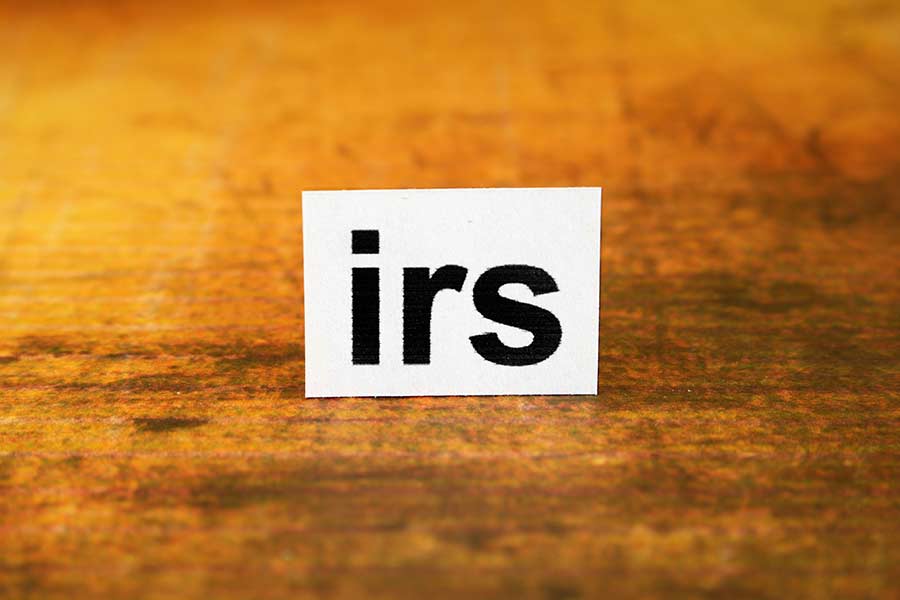There are a lot of people who really don’t enjoy paying their taxes. However, while most people would love to get more in return from the IRS and keep a lot more of their hard-earned income for themselves, most taxpayers still comply with the rules and send off their tax return to the IRS before the April 15th deadline every year. Of course, there are always exceptions to the rule, and some people fail to get their return in on time, while others fail to file period. Still, there are others who think they can outsmart the IRS and turn in a tax return that doesn’t quite tell the whole story. In any of these cases, if you are not right with the IRS then you are putting yourself at greater risk of being audited. And whether you like paying taxes or not, no one in his or her right mind wants to be audited.
New Bill Gives IRS More Time
To that end, this latest news doesn’t bode well for anyone at risk of an audit, whether you’re trying to hide money or just don’t want to file period. When it comes to audits, in most cases, the IRS has three years to audit any given return after it’s been filed. In some cases, such as those that involve omitting more than 25 percent of one’s income, the IRS typically has six years to perform an audit. Now that rule has recently been expanded, which gives the IRS even more time to conduct an audit in certain cases. The latest change comes courtesy of H.R. 3236, the Surface Transportation and Veterans Health Care Choice Improvement Act of 2015.
New Rules Don’t Stop There
This bill overrules a previous ruling from the Supreme Court that held that “overstating your tax basis was not the same as omitting income” and therefore three years was plenty of time for the IRS to decide to do audit or not. Now, the new code states that: “An understatement of gross income by reason of an overstatement of unrecovered cost or other basis is an omission from gross income.” So that means any tax return filed after July 31 of this year is subject to the new rule. It also means that any older tax return that is still considered open is also subject to the new rule. On the plus side, any tax return filed before July 31, 2015 that is closed cannot be reopened now and audited. In some cases, the new code also allows the IRS unlimited leeway to audit people that miss tax forms in their return. Likewise, if you never file a return, the IRS has no time limit.
What Does it All Mean for Taxpayers?
So how does all of this apply to you? While no one is fully immune to the possibility of an audit – even those who are 100 percent honest in their dealings with the IRS – the best way to avoid an audit is to be completely forthright and accurate in your reporting. Likewise, if you want to be prepared in the event that IRS does want to take a closer look at one or more of your tax returns, then it pays to be a saver. In other words, save all your important tax papers, receipts and returns. Hold onto them in a safe place for many years after you file them. Some tax experts suggest never throwing them out. That way, if the IRS does ever come sniffing around for more information you’ll be ready to give them the details they seek. Plus, if you know the statute of limitations in your particular case you might just be able to tell the IRS: “you snooze, you lose.”


